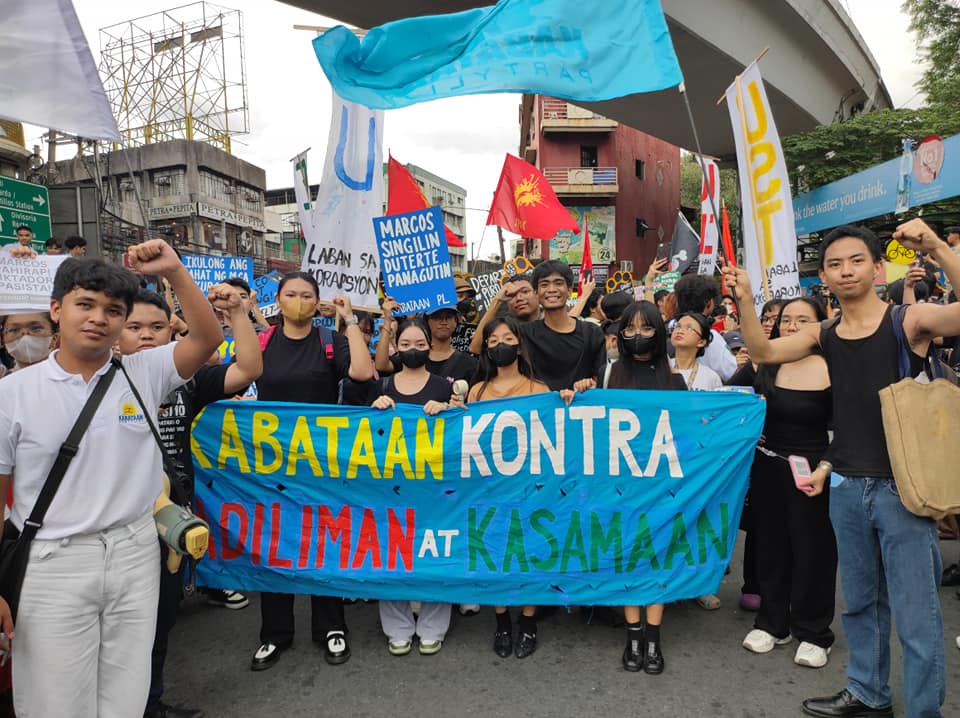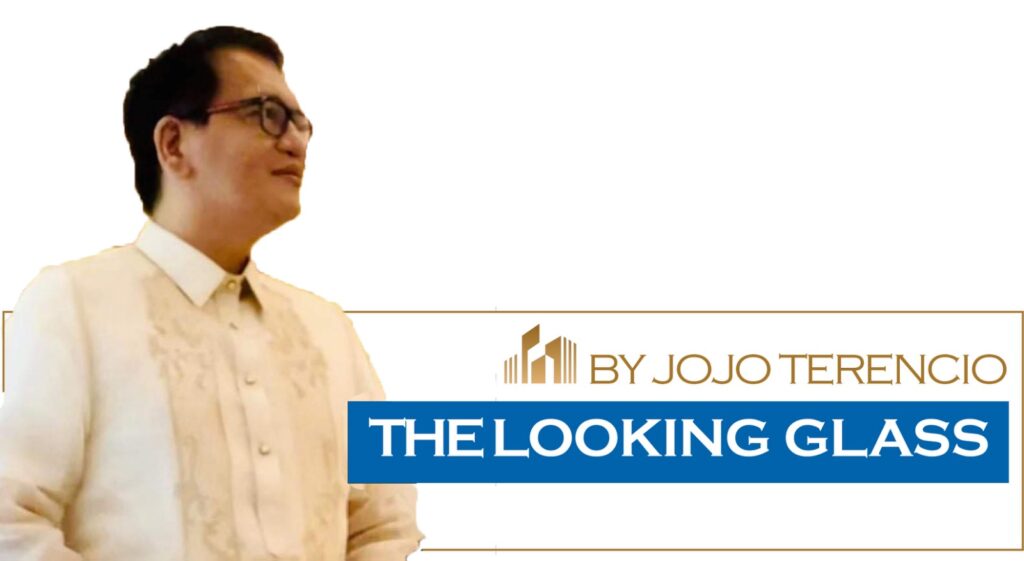As the 2025 budget hearing approaches, the air is thick with political tension and social division. The spectacle unfolding in both houses of Congress reveals more than just fiscal priorities; it exposes the underlying allegiances that lawmakers have towards their political benefactors. In a time when transparency and accountability are paramount, this budget process is becoming a litmus test for the health of our democracy.
The recent revelations from the Commission on Audit (COA) regarding questionable expenses in the Office of the Vice President (OVP) should serve as a wake-up call. It is incumbent upon Congress to exercise its power to scrutinize the budget, not just of the OVP but across all government offices. This is not merely a matter of fiscal responsibility; it is a fundamental aspect of our democratic system, making Public Office truly accountable to people it serve.
Critically evaluating proposed budgets fosters a culture of accountability that should extend to every corner of government. The budgets of the House of Representatives, the Senate, and even the Office of the President must not be treated as sacrosanct. The notion that these offices are above reproach when it comes to financial oversight must be dismantled.
The Filipino people have a right to know how every cent of their tax are being spent, and they deserve transparency in the management of public funds.
The current political landscape suggests a troubling trend: a reluctance among some lawmakers to challenge the status quo, particularly when it involves their political allies.
This selective oversight undermines the very principle of checks and balances that our constitutional democracy relies on. If Congress turns a blind eye to the financial mismanagement or questionable expenditures of its own members, it risks eroding public trust and the integrity of our institutions.
Moreover, the lack of scrutiny on the legislative and executive budgets fosters a culture of entitlement among elected officials, who may feel they are exempt from the same level of accountability they impose on others. This is a dangerous precedent. All government offices should be held to the same standards of fiscal responsibility and transparency, regardless of political affiliation or influence.
As responsible citizens, we must demand that our representatives prioritize accountability over partisanship. The budget process should not be a battleground for political gain, but rather a collaborative effort to ensure that taxpayer money is spent wisely and ethically. It is high time to challenge the tradition of exempting certain governmental offices from rigorous budget scrutiny.
In this politically critical moment, let us advocate for a budgetary process that reflects the values of a truly democratic society—one that prioritizes transparency, equity, and accountability. The 2025 budget hearing is not merely a financial exercise; it is an opportunity to reaffirm our commitment to democracy itself. If we allow political interests to overshadow the imperative of financial oversight, we risk compromising the very foundations of our governance.
Now more than ever, we must hold our elected officials accountable and demand that they prioritize the public’s trust over partisan loyalties.




